
OR


Raunak Mainali
Raunak Mainali is a Research Fellow at the Centre for Social Change, Nepal.raunak.mainali@socialchange.org.np
More from Author
UN peacekeeping for the foreseeable future is likely to follow the trend as observed from the 60s to the 80s.
The turquoise helmets donned by the members of the United Nations Peacekeeping Operations (UNPKO) have become a familiar sight globally. Whether distributing food parcels, monitoring cease fire, or undertaking disarmament, demobilisation and reintegration programs, UN peacemakers are omnipresent in conflict situations. However, this was not always the norm. The first few decades following the inception of UN’s peacekeeping branch were relatively quiet and during the 1970s and 1980s there were only a handful of operations. This was not due to the world suddenly turning into a utopia and war being eliminated. Conflict raged on in the Indian subcontinent, Cambodia, Ethiopia, Eritrea, and various other areas. The lack of UN peacekeeping can be credited to Cold War tensions.
The fall of the Soviet Union transformed the bipolar world into one where America and its liberal-democratic values remained the sole global hegemon. Francis Fukuyama called it “the end of history”, where the norms and values endorsed by Western nations reigned supreme over the Soviets. This period also preceded the rise of China as the nation did not yet have the capabilities to challenge Washington and the West. The USA, China, and the Soviet Union (now Russian Federation) along with the UK and France made up the permanent five of the United Nations Security Council. With a declining Soviet Union and a non-global power China, the USA and its Western allies were unopposed in the Security Council during the 1990s. Boutros-Boutros Ghali, the UN Secretary General in the 1990s, outlined a liberal-democratic framework for peacekeeping heavily influenced by Western principles in his seminal piece “An Agenda for Peace.”
The 1990s witnessed an exponential increase in the deployment of the peacekeeping force. The notorious interventions in Rwanda, Somalia and the Balkans all occurred during the 90s. These were comprehensive missions that intended to transform the political nature of the recipient nations by introducing democratic mechanisms such as fair and free elections, even when these nations may not have been ready for such a change.
In the period from 1960s till the late 1980s UN peacekeeping presence was restricted and when it was deployed, its mandate was very limited. Unlike in the 1990s, the Soviet Union was at the height of its power and could confront the US and its allies in the Security Council. The Soviets consistently vetoed resolutions proposing intervention in conflict nations. They voted against action in the Middle East relating to the Arab-Israeli conflict as well as the India-Pakistan conflict which resulted in the formation of Bangladesh. The USA, France, and the UK, likewise, voted for actions against the apartheid regime in South Africa. The main form of international intervention during this era was through proxy-wars. Angola and Vietnam serve as excellent examples of when the US and the USSR involved themselves in the conflict of other nations by sponsoring belligerents.
UN peacekeeping for the foreseeable future is likely to follow the trend as observed from the 60s to the 80s. Donald Trump’s presidency undermined America’s standing in international agencies and took a more isolationist policy. This had downplayed the role of the US within the Security Council. Although Joe Biden has distanced himself from Trump’s international stance, the US now has to contend with a powerful China within the UN. Additionally, Russia has also revived itself as a major player internationally. These nations have consistently used their veto in the Security Council against actions that are contrary to their interests. This is typified in the case of Syria. The Syrian Civil War that started in 2011 has been the source of inspiration for several proposed resolutions. Russia and China, armed with veto power, have consistently struck down these resolutions to protect their interests. Russia, a close ally of the Syrian President Bashar Al- Assad, has exercised their veto power in order to protect their business and military interests in the country. China also voted against action in Syria due to their strong values on non-interventionism and protection of sovereignty. Parallel to the Cold War conflicts, the situation in Syria has transformed into a proxy war with the Russians backing Al-Assad and the US led Western powers backing the democratic rebel forces. The US has also vetoed interventions in the Middle East, mainly relating to the Palestine question. As a strong collaborator of Israel, the US sees resolution revolving around the Israel-Palestine situation as against their interests.
Labelling this new era of international politics as a “new cold war” might sound like an exaggeration, but Chinese and American competition for global domination warrants the term. Adding to this is a Russia who is very sensitive to their national interests and has the gusto to resist the West and even China. This is going to lead to the reduced presence of peacekeeping missions as these major players will want to protect their national interests.
It seems Fukuyama’s “end of history” prediction was immature. Those blue UN helmets may turn grey.
You May Like This

Latest US, Chinese tariff hikes take effect in trade war
WASHINGTON, Sept 1: The United States and China went ahead with their latest tariff increases on each other’s goods Sunday,... Read More...
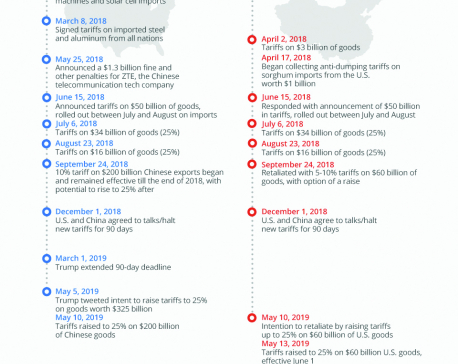
Infographics: US-China Trade War: A Brief Recap
China announced 25 percent tariffs on U.S. goods worth $60 billion, effective June 1st. ... Read More...
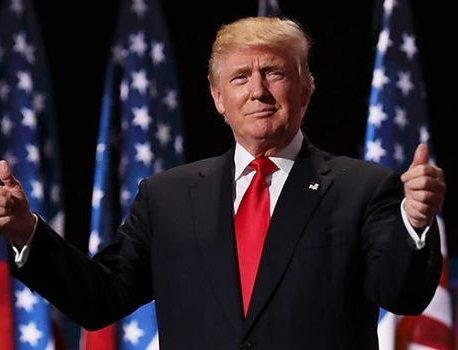
Trump escalates trade war, hits China with tariffs on $200 billion goods
China has previously said it would retaliate against the $200 billion round of tariffs by imposing duties on $60 billion... Read More...

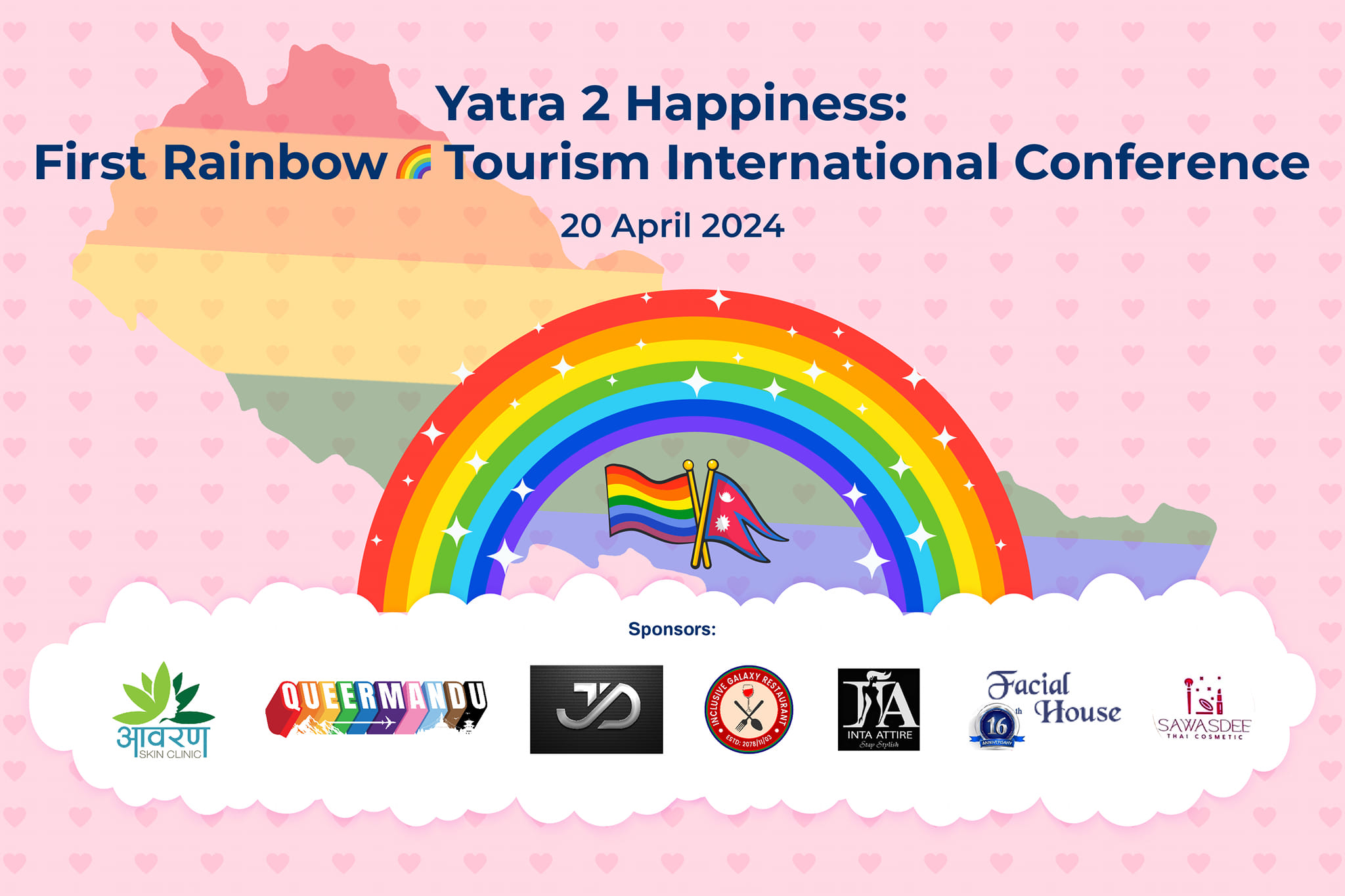
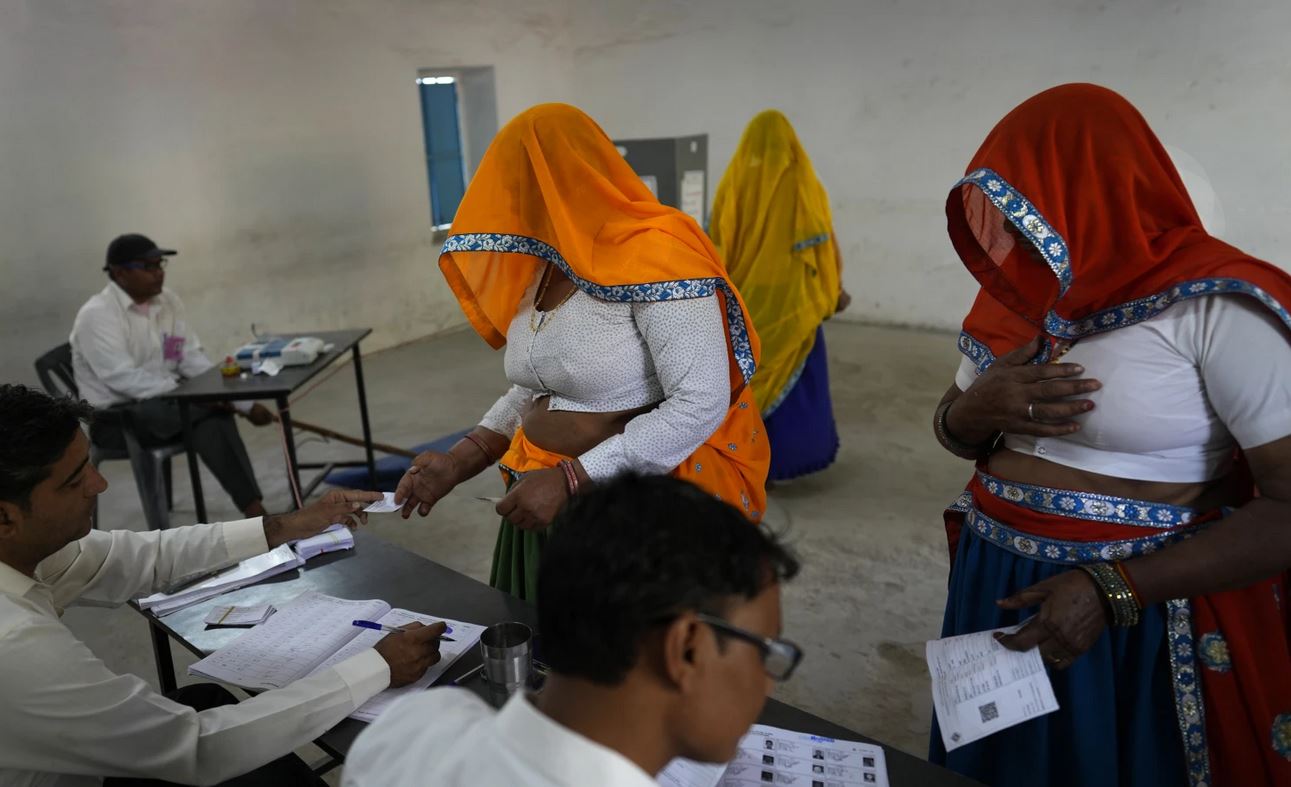

Just In
- Rainbow tourism int'l conference kicks off
- Over 200,000 devotees throng Maha Kumbha Mela at Barahakshetra
- Indians vote in the first phase of the world’s largest election as Modi seeks a third term
- Kushal Dixit selected for London Marathon
- Nepal faces Hong Kong today for ACC Emerging Teams Asia Cup
- 286 new industries registered in Nepal in first nine months of current FY, attracting Rs 165 billion investment
- UML's National Convention Representatives Council meeting today
- Gandaki Province CM assigns ministerial portfolios to Hari Bahadur Chuman and Deepak Manange






_20220508065243.jpg)



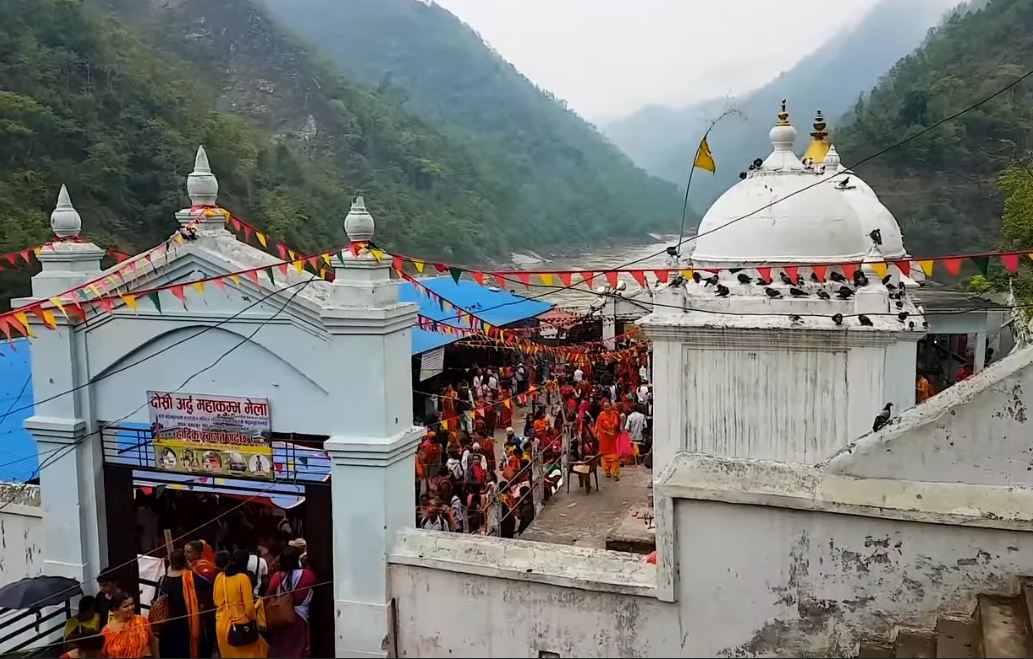




Leave A Comment